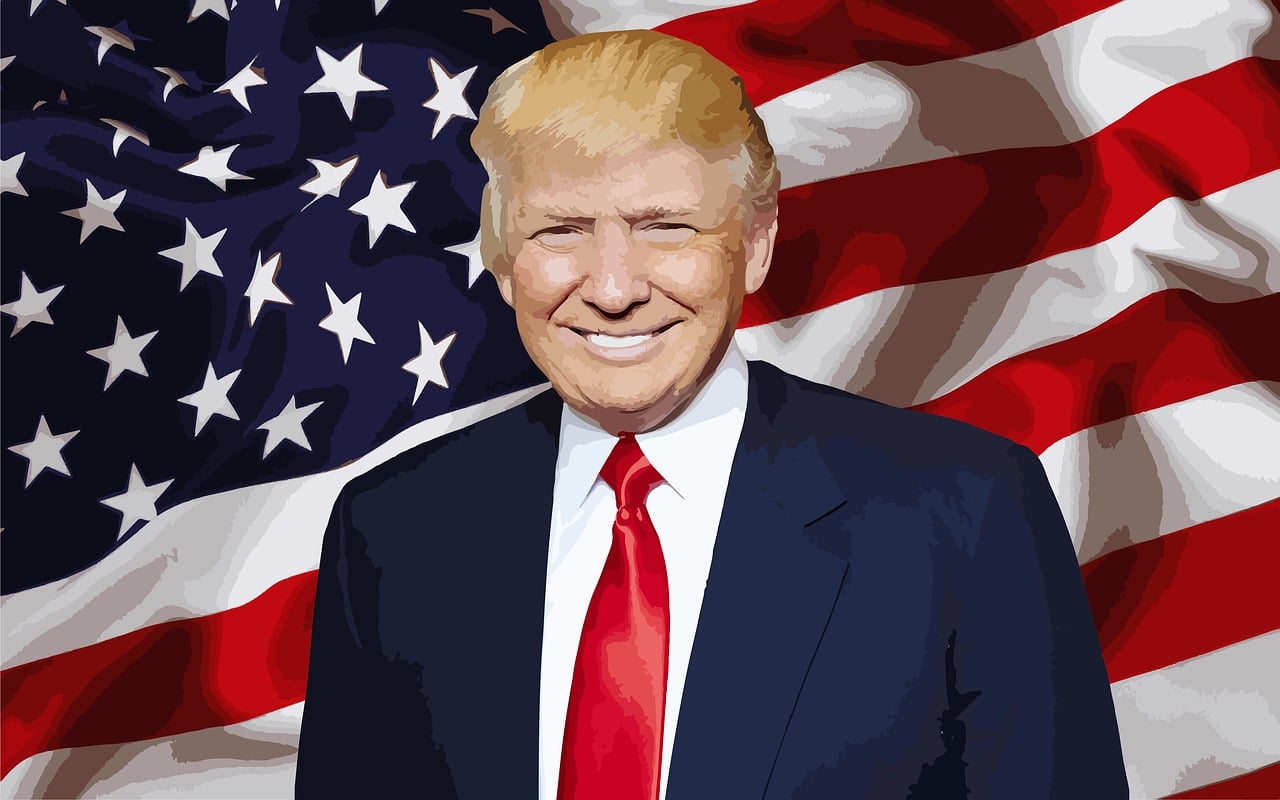GWU Overreacts to Slur, Endangers Research Funding; Discipline For Second Jewish Remark Could Trigger Executive Order Complaint
WASHINGTON, D.C. (November 8, 2019) – George Washington [GWU], while engaged in a major makeover in trying to become a leading research university, has now twice initiated investigations involving off-campus uses of the word “Jew” in ways which ironically could trigger an investigation aimed at cutting off all of its federal research funding, notes public interest law professor John Banzhaf.
Q3 2019 hedge fund letters, conferences and more
He refers to President Trump's recent executive order directing federal agencies to "take appropriate steps" to "promote free inquiry" at institutions that receive federal research and education grants by cutting off major sources of federal funding if an investigation reveals a violation.
The order says it requires compliance with the First Amendment for state universities, and fulfillment of their institutional promises (which often include free speech guarantees) for private ones.
Since fear of complaints under Title IX has motivated virtually all major universities to radically change the way they respond to complaints of date rape so as to avoid a federal investigation, complaints filed pursuant to this executive order - which can be done anonymously - could have an equally powerful impact on the handling of free speech matters on college campuses, suggests Banzhaf.
GWU has just referred for formal investigation - to the GW Police Department, "local law enforcement," and to the Office of Student Rights and Responsibilities - a situation in which a student, who says she was drunk at the time, appears on Snapchat saying that Jewish individuals are "pieces of shit."
But, notes Banzhaf, GWU's published Statement of Student Rights and Responsibilities expressly provides that "students shall be free to examine and to discuss all questions of interest to them and to express opinions publicly and privately," and a court decision has held that GWU is legally bound by its public policies - even if it claims that it did not intend to be and does not want to be - and that violations of its written policies can make the university legally liable.
Moreover, Banzhaf notes, mere opinions regarding groups, even distasteful ones expressed in crude language, are fully protected as free speech. For example, he notes, saying that Jews, smokers, Arabs, white males, fat people, law professors, or people over 30 are "pieces of shit" is an idea and a means of expression which is fully protected, even if very distasteful, insulting, and arguably incorrect.
Furthermore, a federal Court of Appeals recently held that the mere existence on campus of bias response teams "objectively chills speech," and acts "by a way of implicit threat of punishment and intimidation to quell speech" on campus, even if such teams have no power to discipline.
Thus, says Banzhaf, the mere fact that an off-campus statement of expression by a student is being investigated by GWU bodies, which do in fact have disciplinary authority, would strongly suggest that such procedures likewise chill free speech and could have adverse legal consequences if they were to be included in a complaint pursuant to Trump's free speech executive order.
Indeed, the complaint could as well also cite another recent incident at GWU where a student's mere use of the word "Jew," even though not necessarily in a derogatory sense, and in a strictly private conversation, was enough to trigger a formal investigation, Banzhaf argues.
Although he says, as a professor, that universities generally are more fearful of expensive, distracting, time consuming, and embarrassing federal investigations than of the very rare loss of funding, cessation of federal money can and does occur, and the impact can be very significant.





